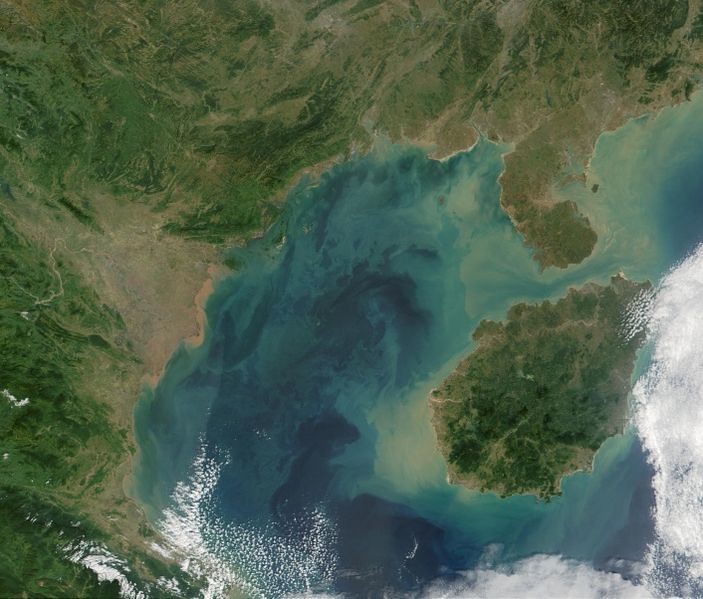With Vietnam having become a significant solar market almost overnight, London-based non-profit Carbon Tracker says data transparency is crucial to maintaining its decarbonization momentum – and buy-in from state-owned utility EVN holds the key.
In a blogpost about a recent trip to Vietnam, the thinktank’s Matt Gray stressed the economic benefits of installing renewables and energy storage rather than coal and gas could not be demonstrated without more data being made public about energy prices and the performance of the transmission and distribution network operated by EVN.
Gray said local policymakers voiced fears about the cost and difficulty of integrating intermittent renewables into the Vietnamese grid which mirrored similar concerns about wind power deployment in Ireland a decade ago. Wind now supplies 20% of Ireland’s annual power generation and security of supply has strengthened, wrote the non-profit’s head of power and utilities.
Vietnam has seen a breathtaking amount of new solar generation capacity added from mid-April onwards in an effort to beat the expiry of a generous feed-in tariff at the end of last month.
Trade war beneficiary
Gray added, the nation should be a beneficiary of the solar trade war between the U.S. and China, with capital flows from the latter aiming to set up production capacity to get around President Trump’s Section 201 trade tariffs. Such an influx of capital should enable national policymakers to obtain cheaper finance than the 8-10% annual cost of financing renewables capacity being applied by state-owned banks, said the blogger, but that advantage would not be enjoyed unless EVN opened up data on the grid.
Without such data transparency, said Gray, the nation could continue to stack the deck against cheaper renewables in favor of coal and gas generation which would require further subsidy. That could not only imperil the finances of the state utility but also the wider nation, as has happened in South Africa with debt-saddled power company Eskom.
To illustrate the point, Gray pointed out how coal and gas power purchase agreements enjoy more security than similar contracts for renewables. EVN can curtail excess solar and wind power without paying compensation, wrote Gray, whereas it cannot for thermal power. The Vietnamese government offers no guarantee in the event of an EVN default but traditionally does offer security for part of coal and gas projects.
Renewable power generators are also liable for transmission and interconnection risks, added Gray, whereas such arrangements are typically reached in negotiation between the utility and thermal power generators.
This content is protected by copyright and may not be reused. If you want to cooperate with us and would like to reuse some of our content, please contact: editors@pv-magazine.com.




This report confirms the crucial importance of a Littlewood separation of generation from transmission, pioneered by Margaret Thatcher’s electricity privatisation in Britain around 1990. Countries and regions that have followed this, even imperfectly, move forward with the transition on the back of booming renewables: Texas, California, New York, Germany, India, China, and of course the UK.. Those that stick with monopoly silo utilities flail in their wake: France, Japan, Arizona, South Africa, Vietnam. Structural reform of the electricity market is a priority.